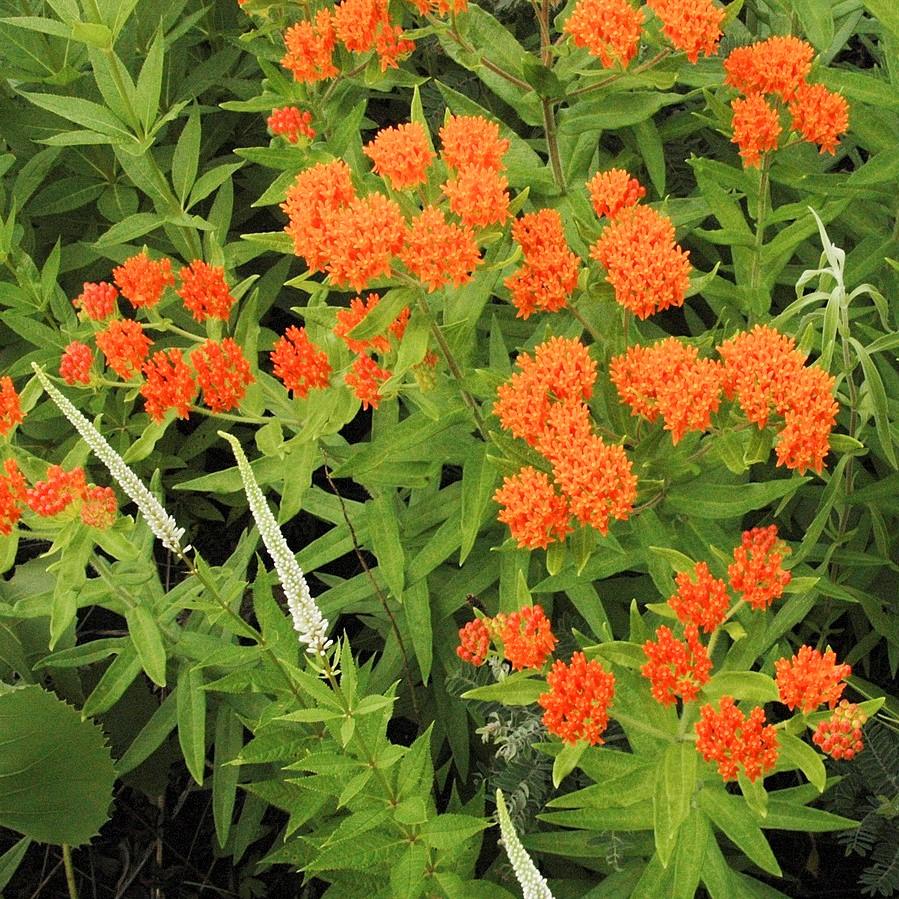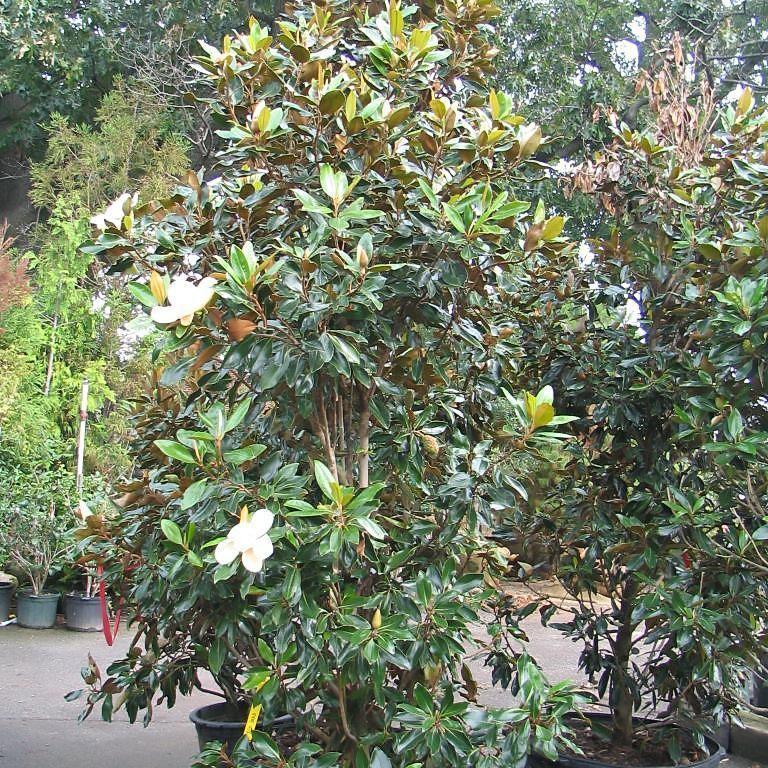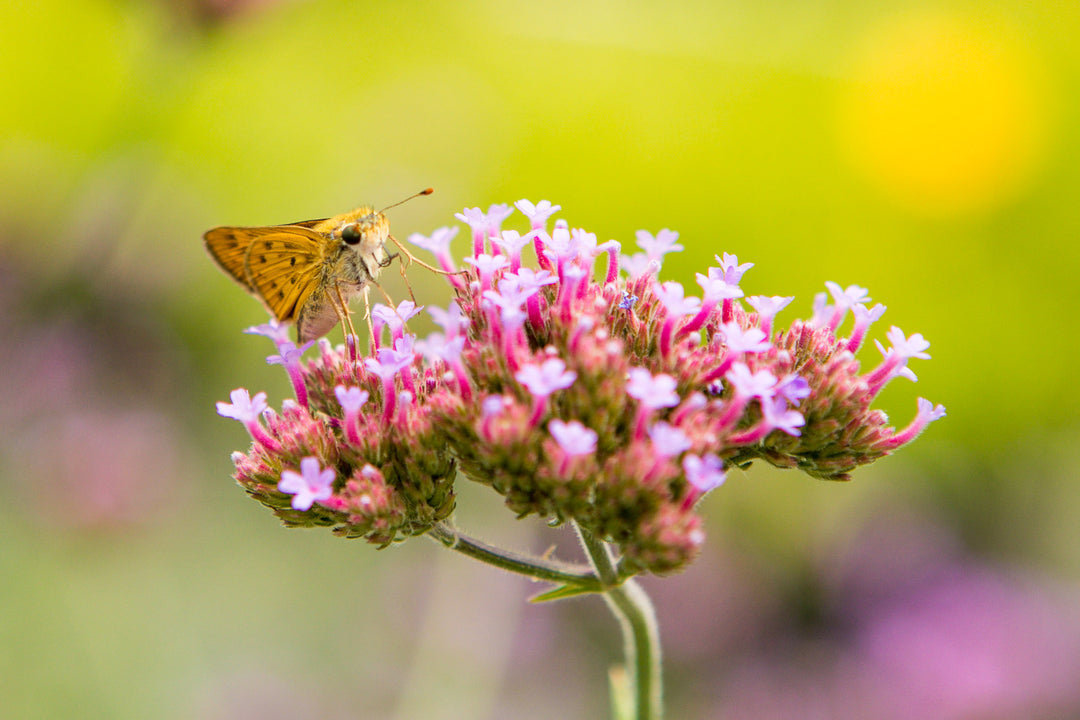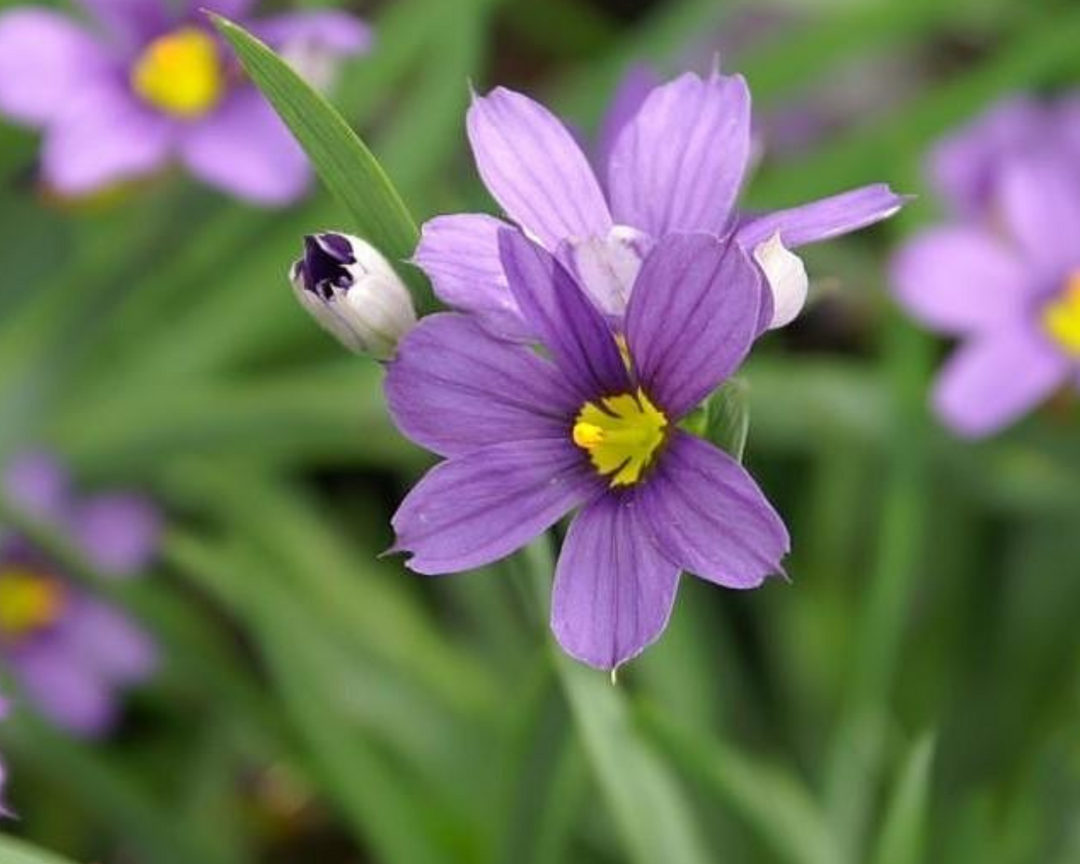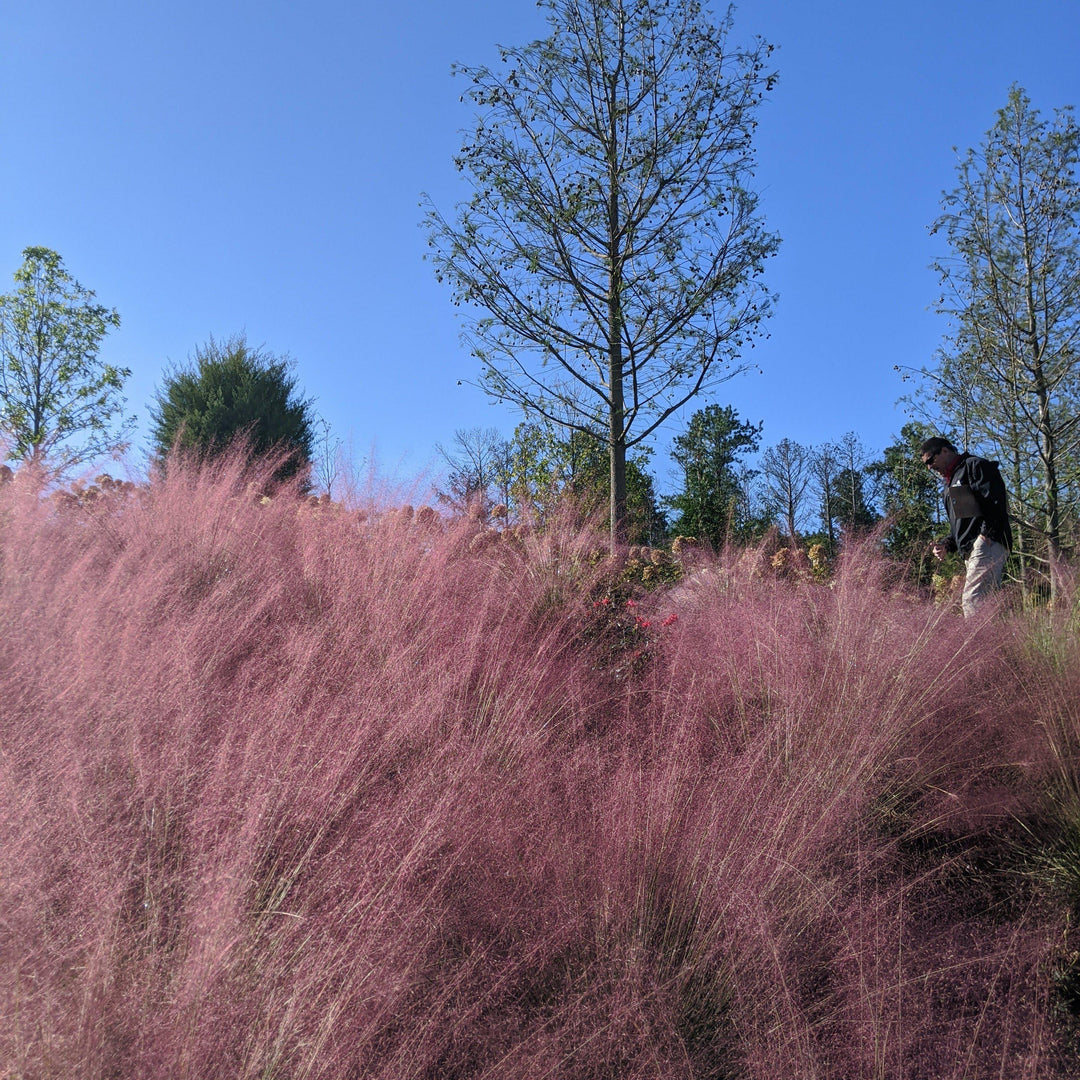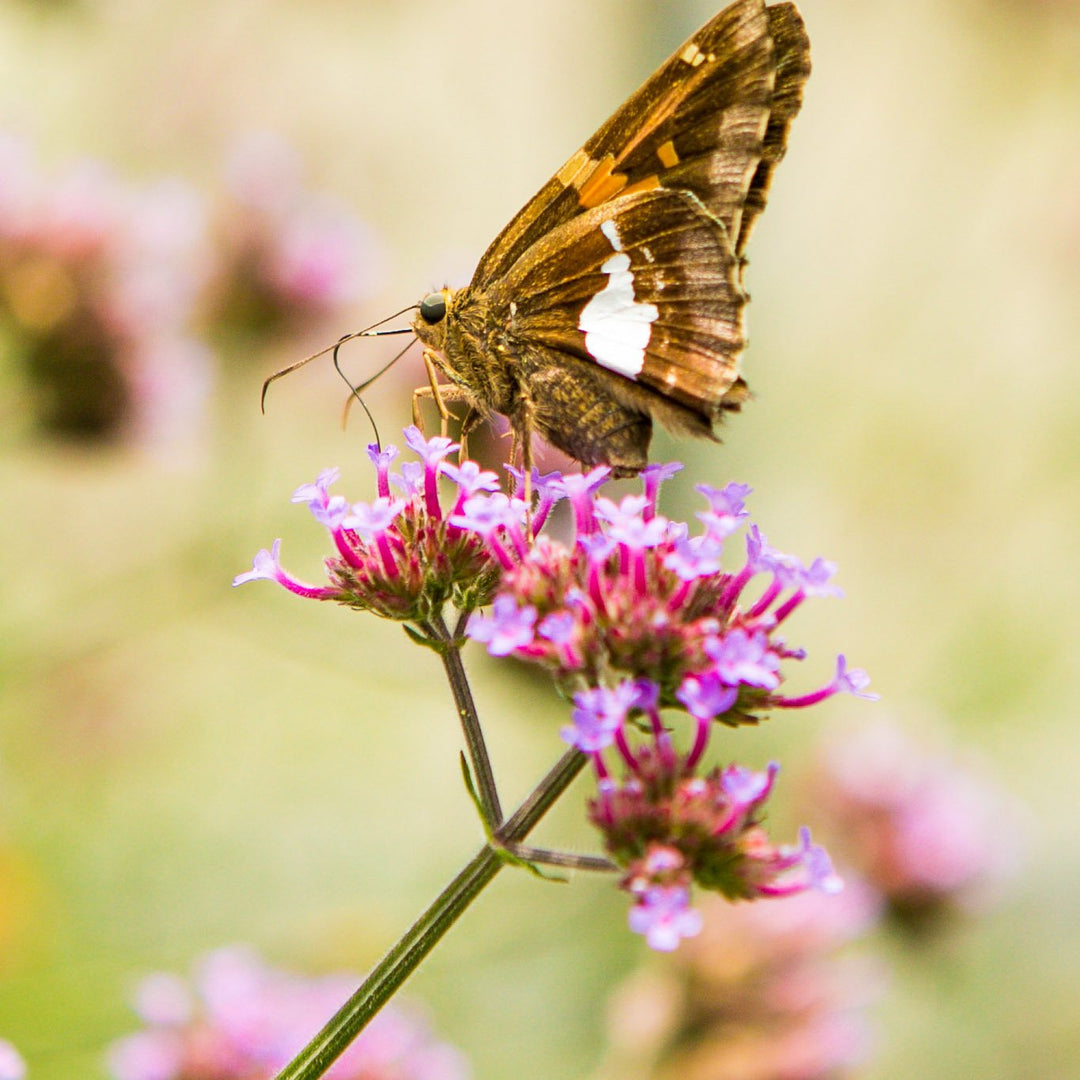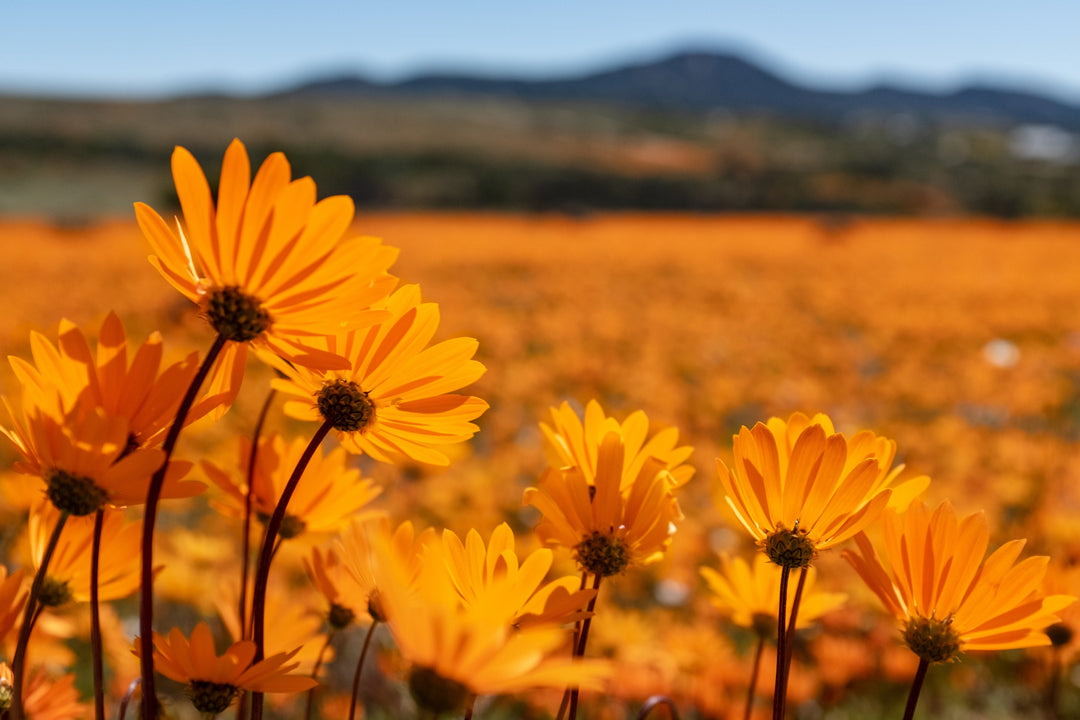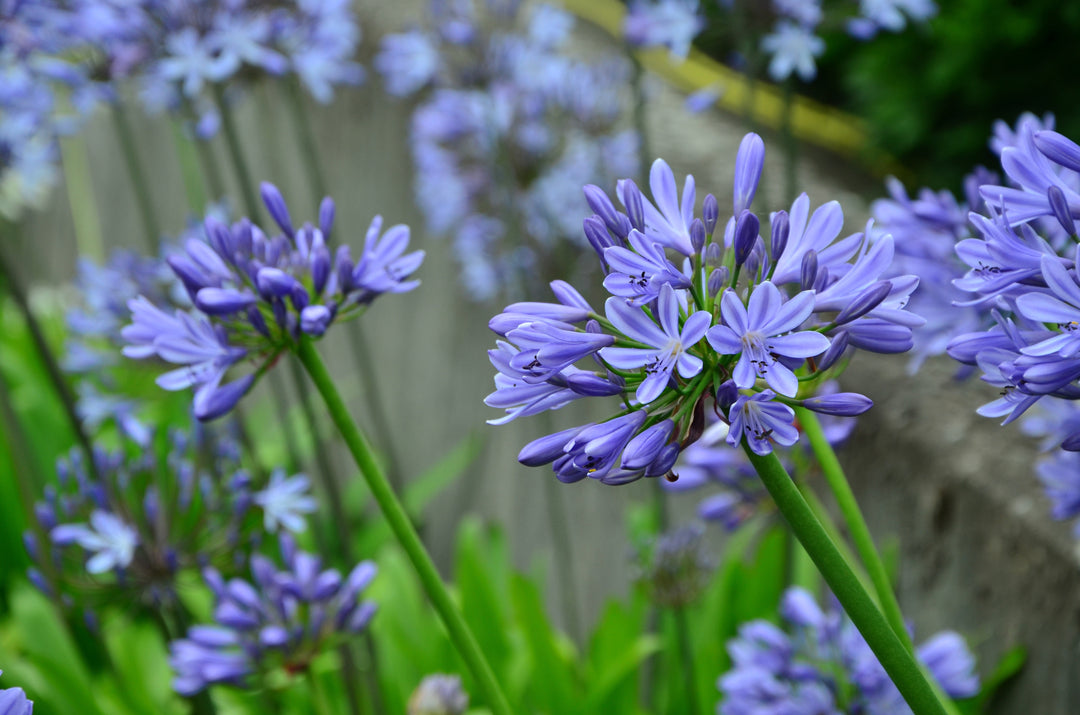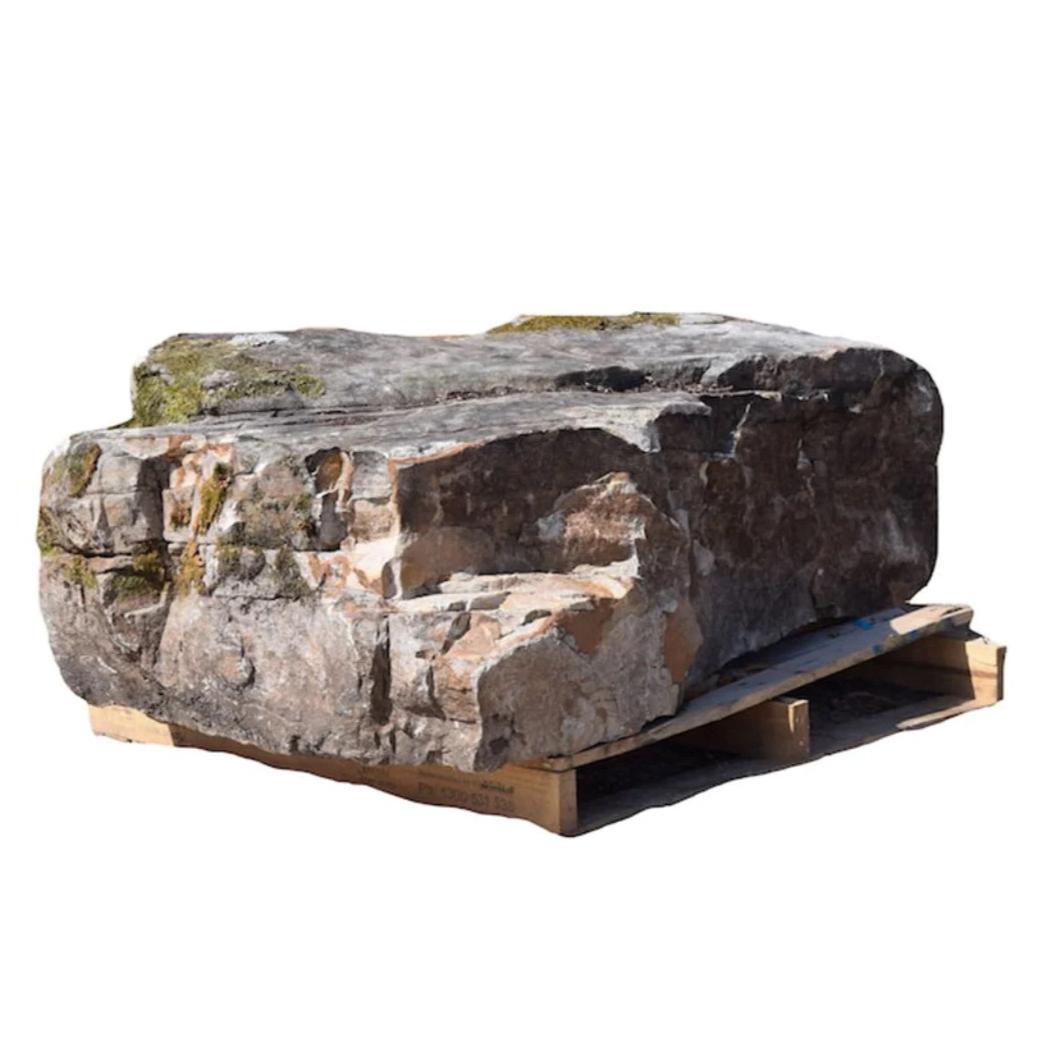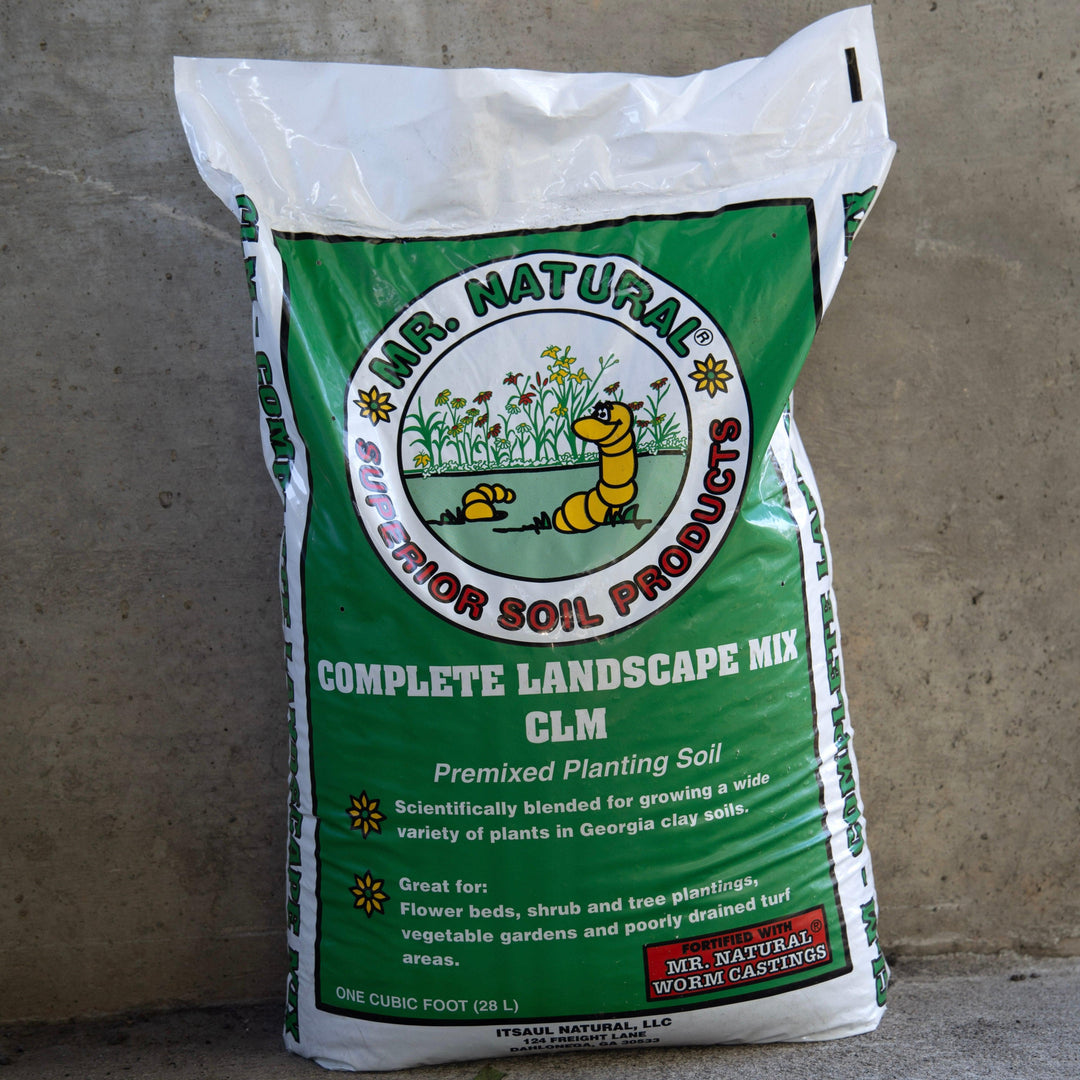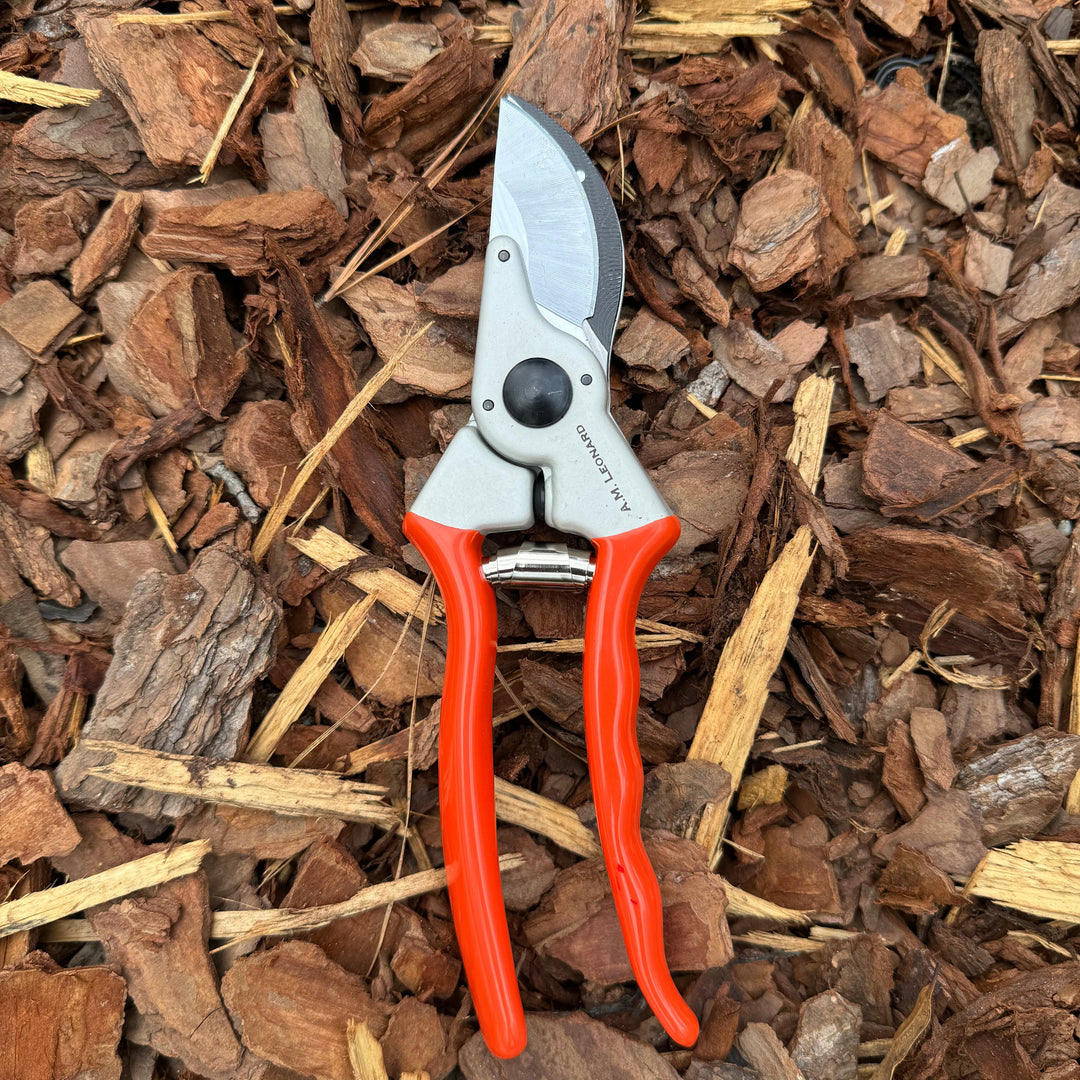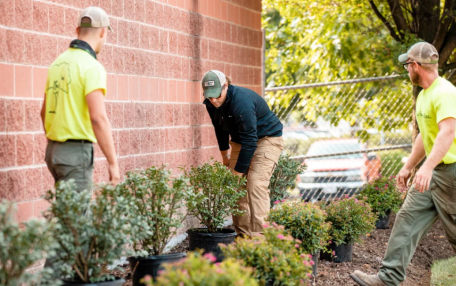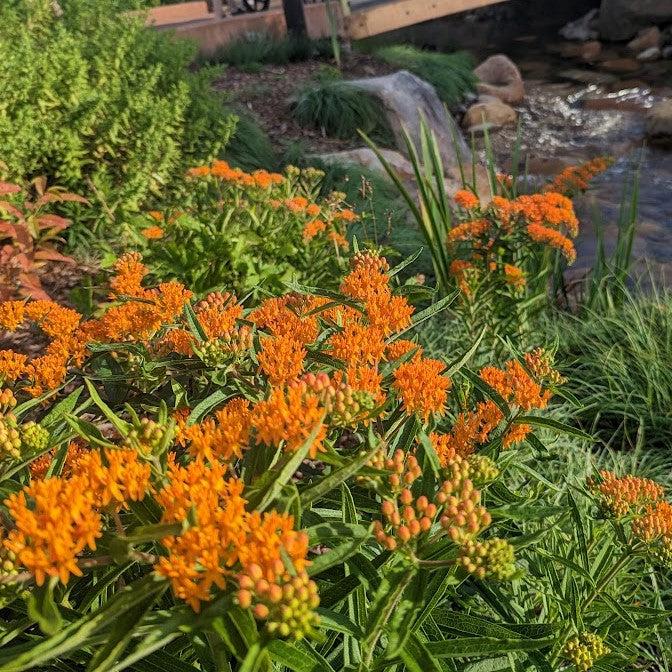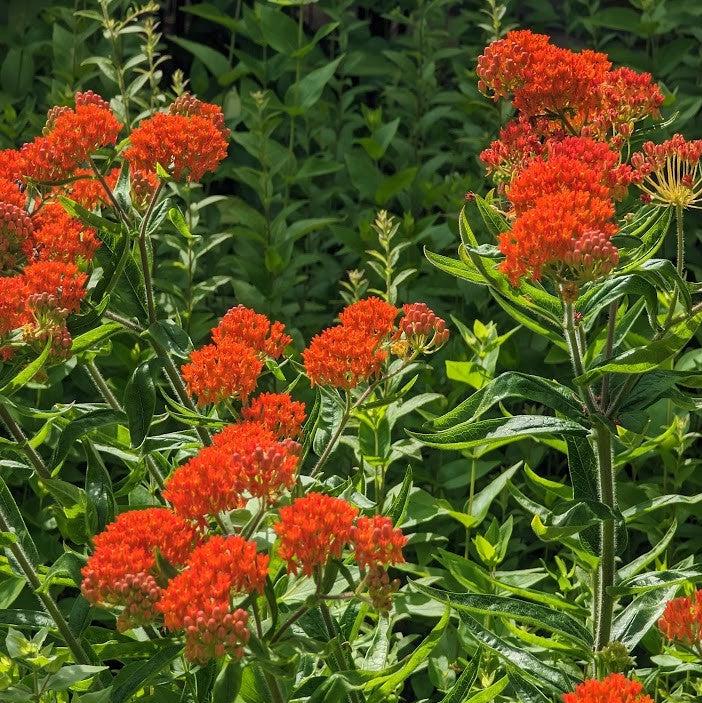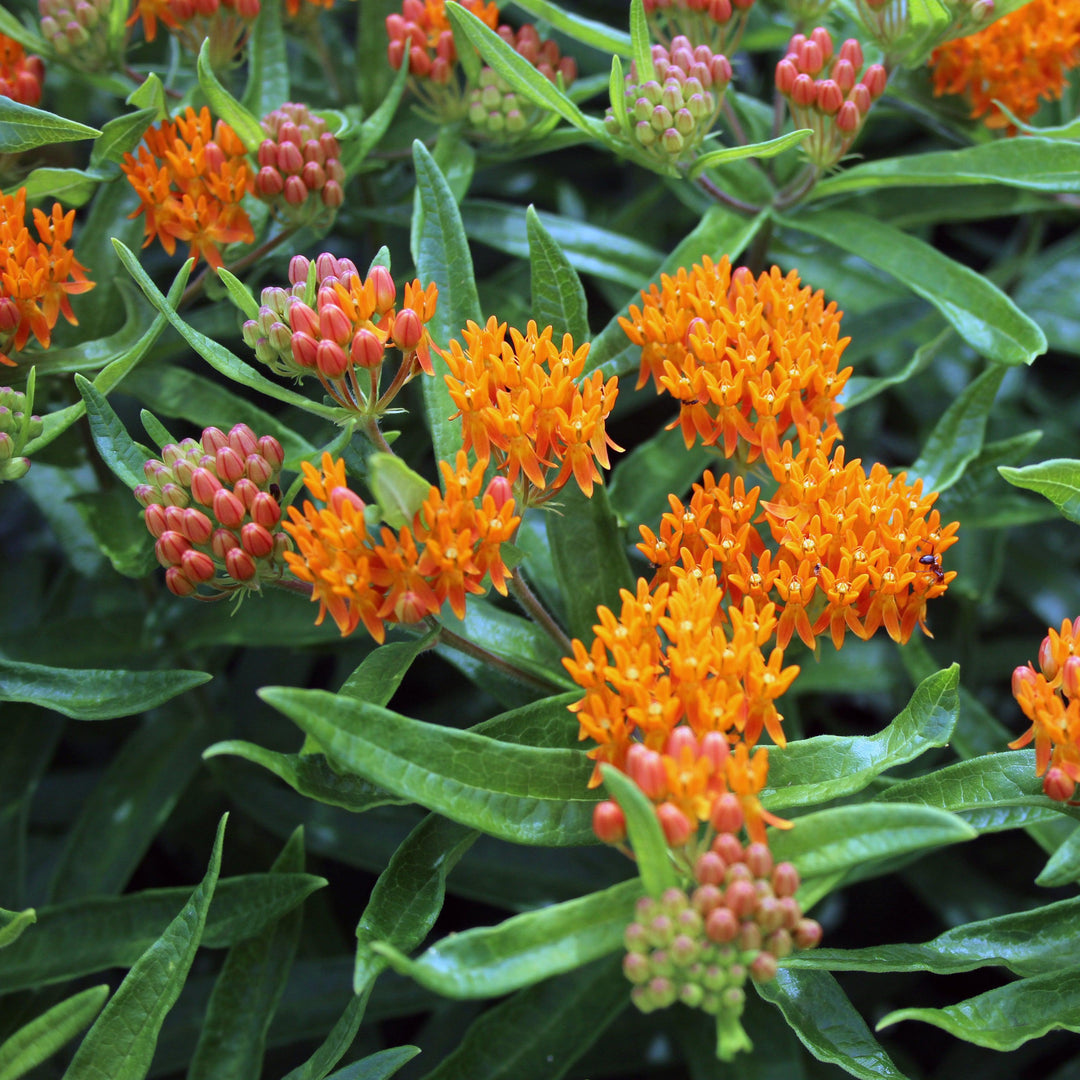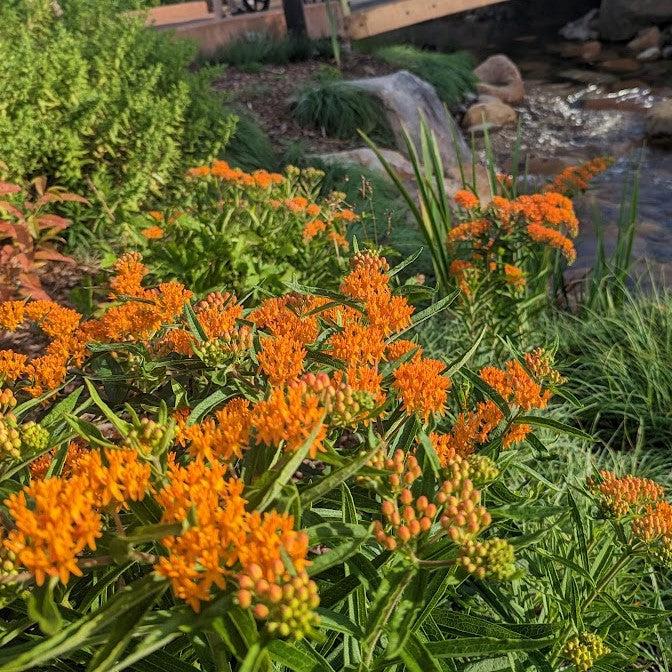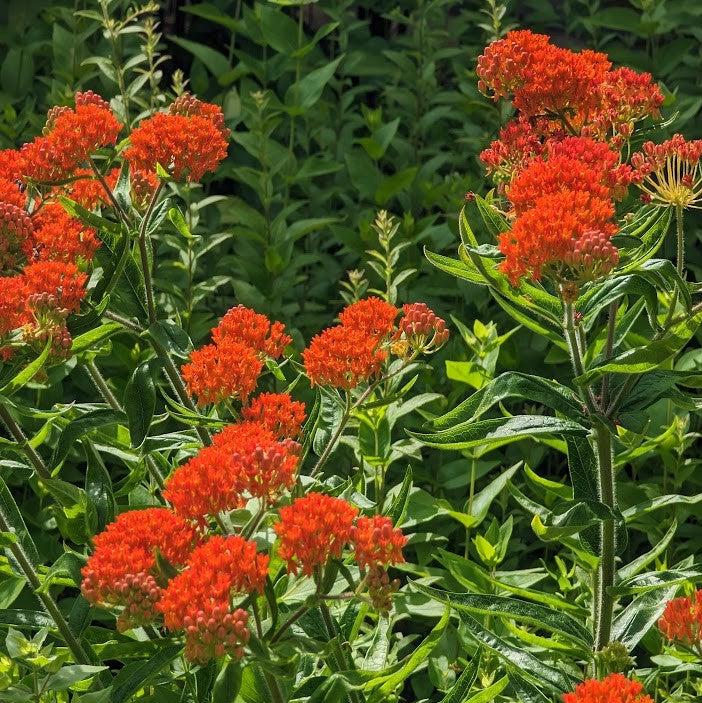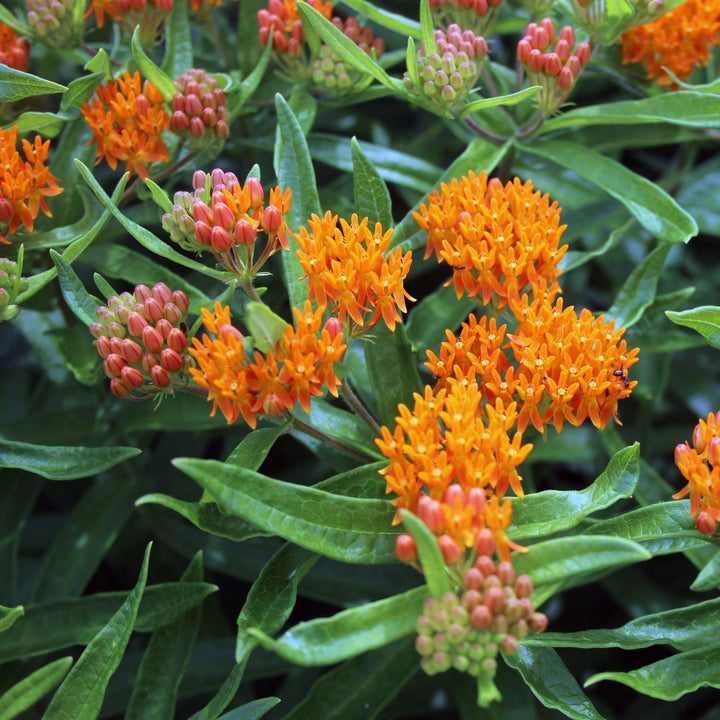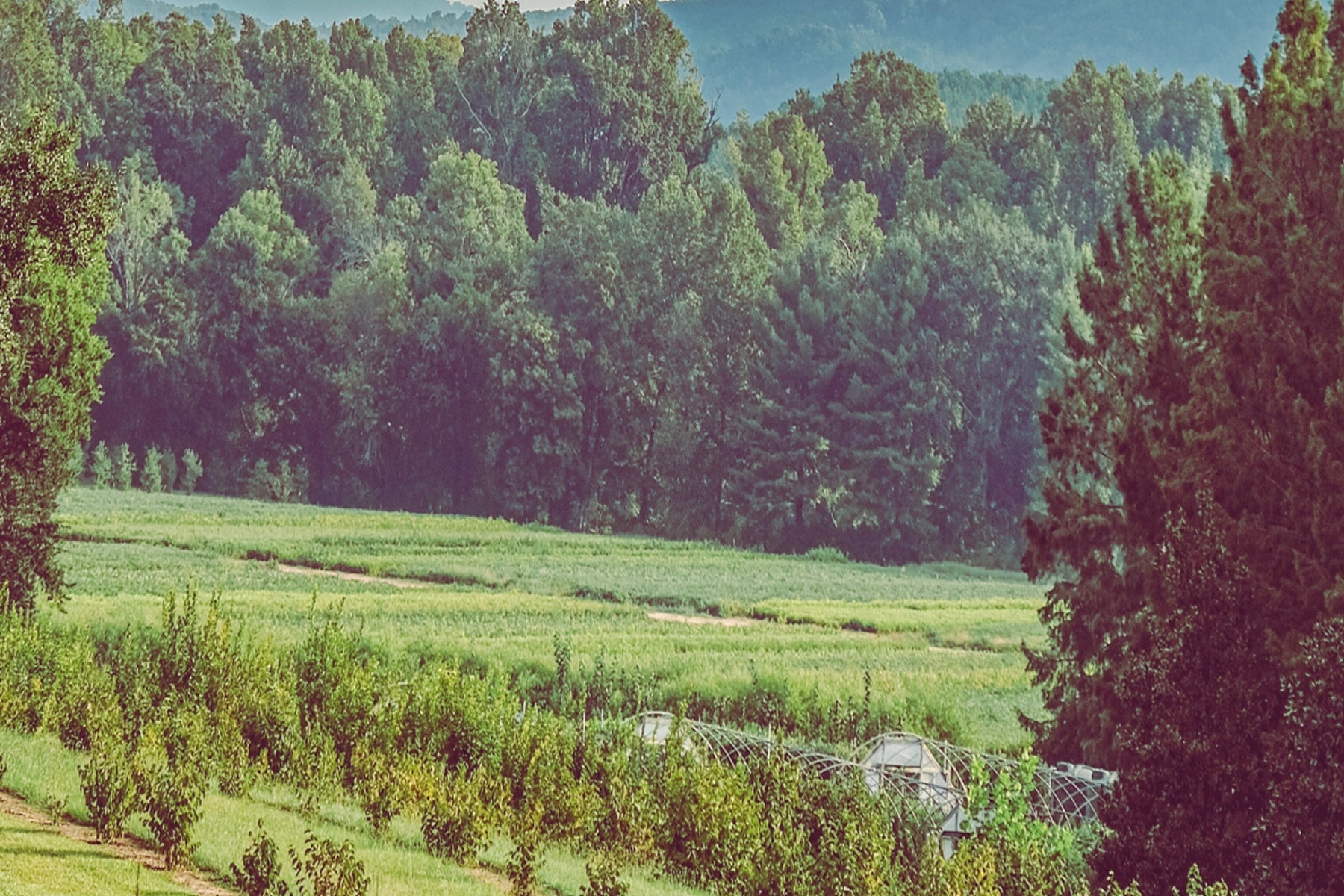Butterfly Weed is a tough, long-season clumping native perennial with long narrow leaves. Its abundant clusters of bright orange or yellow-orange flowers atop of its long hairy stems bloom from late spring well into summer. The flowers give way to prominent seed pods which are valued in dried flower arrangements. Unlike other milkweed varieties, the Butterfly Weed does not have milky sap in its stem. Drought and deer Resistant.
Asclepias tuberosa is a host plant for the Monark, Gray Hairstreak, Queen, Soldier butterfly, and Milkweed Tussock moth. Learn more about planting for butterflies with Georgia natives with this brochure.
|
Type: |
|
|
Origins: |
N. America, GA Native |
|
Height: |
1' - 2.5' |
|
Spread: |
1' - 1.5' |
|
Spacing: |
1.5' |
|
USDA Hardiness Zone: |
3 - 9 |
|
Culture: |
|
|
Bloom Color: |
Orange |
|
Season of Interest: |
MAINTENANCE NEEDS: Low Maintenance Plant. Does well in dry, average, or medium wet soils. Easy start from seed but slow to establish, and may take 2-3 years to start to flower. Mature plants are self-seeding if you do not remove pods before they split open. Does not transplant well once established due to deep taproot. Crown rot can be a problem if the soil is too wet. Susceptible to rust of leaf spotting.
LANDSCAPE USES: Wildlife Gardens, Meadows, Pairaries, Butterfly Gardens, Naturalized Gardens, Native Gardens, Sunny Borders.
COMPANION PLANTS: Aster, Purple Coneflower, Butterfly Bush
IMAGES: Frank Mayfield from Chicago area, USA, Asclepias tuberosa BUTTERFLY MILKWEED (3194738925), CC BY-SA 2.0, (2) User:SB_Johnny, Asclepias tuberosa whole plant 001, CC BY-SA 3.0, (3) Frank Mayfield from Chicago area, USA, Asclepias tuberosa BUTTERFLY MILKWEED (3194741429), CC BY-SA 2.0, (4) Krzysztof Ziarnek, Kenraiz, Asclepias tuberosa kz5, CC BY-SA 4.0
*As plants have ranges in appearance they may not appear as the images shown.

